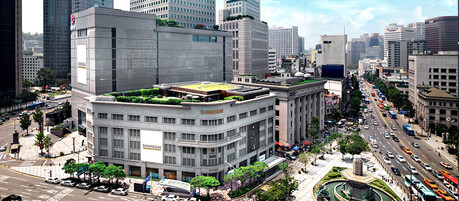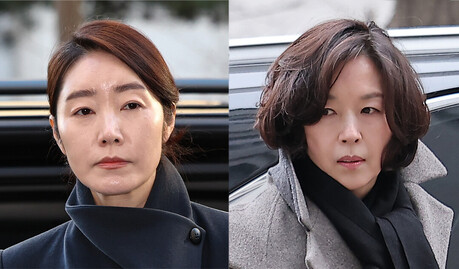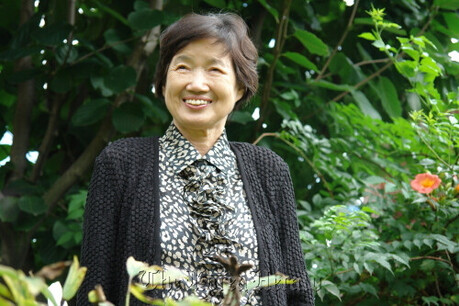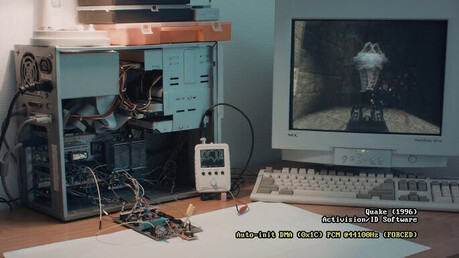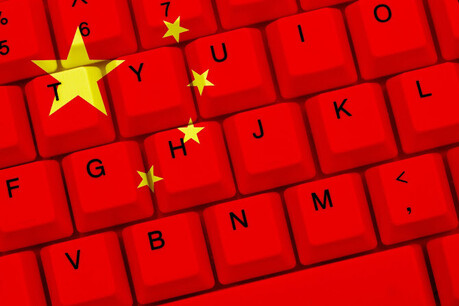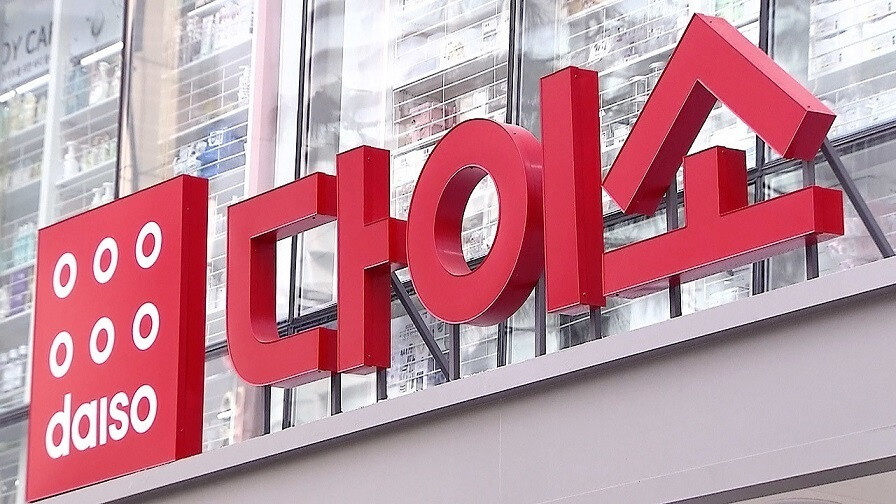
The store that sells daily necessities, which brings to mind 'Da Isseo' (meaning 'we have everything'), is Daiso. It does not sell general fresh foods, everyday groceries, or alcohol, which are found in convenience stores. Instead, it sells health supplements that convenience stores do not carry. Daiso has a policy of not handling tobacco, alcohol, dairy products, and other daily consumed foods (fresh foods consumed daily) to coexist with local neighborhood businesses. However, it does sell affordable alcoholic beverage accessories and preparation tools, such as wine glasses, champagne glasses, and beer mugs.
Daiso is a fixed-price store mainly selling daily necessities, general goods, stationery, and interior items. Prices range from 500 won to 5,000 won. Looking around, you'll find surprisingly many cheap and usable items. Since they are inexpensive, there are many items that you won't regret buying, using, and then discarding. This does not mean the quality is low. The fun of browsing often leads you to buy things you didn't plan to. The range of items is constantly increasing. It currently handles over 30,000 items and develops about 600 new products every month.
Most medicines can only be sold at pharmacies. Daiso does not sell fever reducers or digestive aids that are sold at general convenience stores. Instead, it sells health functional foods, which are not classified as medicines. It sells health supplements like vitamins, lutein, and milk thistle for 3,000 to 5,000 won, and it does carry items such as patches, bandages, masks, and mouthwash.
Because of this, territory disputes are emerging. Convenience stores have become simple eateries for busy and struggling people to grab a quick meal, a café for cheap takeout coffee, and a place for conversation over a drink and dried squid.
But Daiso has emerged to encroach on similar domains. Daiso's cosmetics (e.g., Reedle Shot, mask packs) have gained great popularity, directly competing with Health & Beauty (H&B) stores like CJ Olive Young. For example, Daiso Myeongdong Station Branch competes with the nearby CJ Olive Young. In Myeongdong, which attracts many foreign tourists, these two places have become new sightseeing and shopping hotspots. Consequently, the general goods stores in Namdaemun Market are also affected. Although the area of a single floor is not particularly large, the store uses the entire 12-story building, displaying different items on each floor.
There are approximately 1,600 Daiso stores nationwide, and the number is steadily increasing. In 2024, it achieved 3.9689 trillion won in sales, and considering its growth, it is estimated to have already surpassed 4 trillion won in sales this year. This is mainly due to the expansion of high-margin beauty and fashion product lines and the increasing number of consumers seeking cheap and good items due to recessionary consumption sentiment.
Daiso was originally the 100-yen shop operator 'Daiso Sangyo (大創産業)' in Japan, which was acquired by the Korean company Asung Daiso Co., Ltd. (Asung HMP). It retained the Japanese pronunciation of 'Daiso' (from 'Daiso Sangyo'). Coincidentally, it sounds like 'Da Isseo,' which is an unexpected stroke of luck. It once had a trademark dispute with a company named 'Dasaso.' 'Danawa' is a search and comparison site that claims to find all products for you.
In the United States, there is a chain called Dollar Tree, which can be considered Daiso's grandfather. It is a large distribution company operating over 8,800 stores across the US and Canada, with a deep history. It officially started its current Dollar Tree business model in 1986 by opening five fixed-price stores under the name 'Only $1.00.' In 1994, it changed the company name to 'Dollar Tree Stores,' which it has used ever since.
The company maintained the $1 price point for its goods until December 2021, when it raised the price to $1.25 due to global inflation and rising logistics costs. In 2024, it is introducing a multi-price strategy, adding over 300 types of products ranging from $1.50 up to $7. This is because relying solely on $1.25 items inevitably limits consumer choice.
However, they are also facing difficulties because they are not significantly different from Walmart or Amazon. In Japan, there is Don Quijote (ドン・キホーテ). It is not merely a discount store but a general discount store offering a unique business model and shopping experience, which has become a shopping hotspot.
Department store food courts, which are cool in the summer and warm in the winter, are crowded. They are cheap and delicious, serving as a substitute for eating out. The fact that so many people are looking for cheap and good items suggests that people must be going through tough times. While people would ideally prefer the better option ("red silk skirt" / 'gata gat-eumyeon dahong-chima' which literally means "if the price is the same, choose the red silk skirt"), these days, more people are opting for the cheaper skirt, even if it's slightly inferior. I, too, choose well-ripened fruit even if it has a slight flaw. I wish my bulging belly fat would disappear, just like my thin wallet.
[Copyright (c) Global Economic Times. All Rights Reserved.]
















